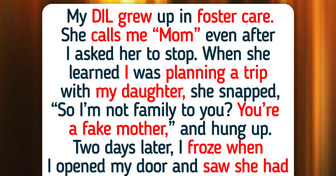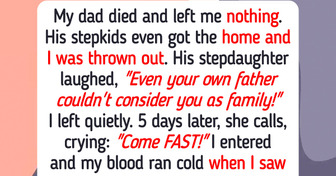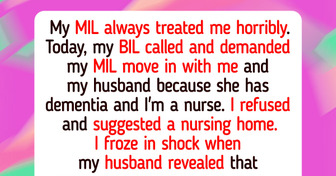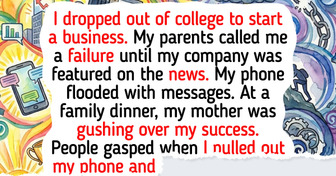Pierce Brosnan’s Wife Stuns People With Her Transformation During Her Latest Appearance
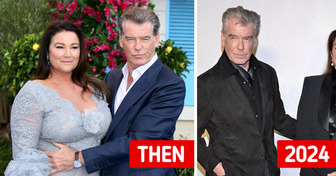

Researchers claim that people who host big weddings are more likely to be happy in their marriage than those who only have around 50 guests or so. Nick and Kanae Vujicic are a couple who may not have had a wedding worth a fortune, but they’ve still found ways to keep the spark alive over the years. This interabled couple have become a real inspiration for those who believe in true love. Today, they’re sharing the secrets of their happiness with thousands of couples on the internet, and we believe you might find some helpful advice for yourself too.
Nick Vujicic was born with tetra-amelia syndrome, which means he has no limbs. He’s come a long way to becoming a motivational speaker and a public figure who’s now recognized and loved all over the world. And he’s never tired of mentioning his wife’s role in everything that he has achieved so far.
His wife, Kanae, helped him overcome the fear that he would never meet a woman who would sincerely love him and who would be able to devote her life to him. In his book, Nick mentions how Kanae helped him fight his fears, saying, “The biggest test for us during our courting period was when I went through a personal financial crisis. Seeing Kanae’s commitment to stand by my side no matter what, was the most amazing discovery of how deep her love was for me. She looks at me, and I can tell she doesn’t see limbless Nick. ”
Coasting is a moment in a relationship where a person has become so comfortable that they think it’s no longer necessary to put in any effort toward making the other person happy.
Nick and Kanae insist that, when you marry someone, you don’t lower the stakes of a relationship, you raise them. Taking each other for granted and putting the relationship on “cruise control” is definitely not for them.
One of their marriage tips suggests that both spouses have to pay attention. If someone doesn’t, they can be sure the other spouse, or life itself, will at some point deliver a wake-up call.
Nick and Kanae are sure that even though you and your spouse may be 2 peas in a pod, as compatible as peanut butter and jelly, sooner or later, your bliss may be disrupted. Different conflicts can occur, triggered by in-laws, family members, or even friends.
The source of the conflict may even be circumstances that you can’t fully control.
The couple advises that all spouses prepare for it and always keep this in mind. In their book, they say, “Being right isn’t nearly as important as being together. Sometimes you will be the windshield. Other times you will be the bug.”
In his book, Nick says, “We choose the people we marry. When Kanae and I are at odds, I find it very helpful to look beyond the conflict at hand to the woman I fell in love with. Then I remind myself that I vowed to honor her and keep her in good times and bad. Our love is bigger than any disagreements we might have. Our relationship is more important to me than being right or winning an argument.”
Nick also tries to step back and think about the fact that Kanae has brought more joy into his life than he thought he’d ever know. That attitude, Nick says, helps him get through the challenging times as a husband.
Nick and Kanae highlight an important truth: there may be times when you just can’t figure out your spouse. You may not be able to understand why there is a conflict, what you did wrong, or how to get beyond an issue that has put you at odds. In these moments, you may feel that you are all alone.
The spouses advise that, instead of going to your family and friends, you should think twice about if you really want to share your conflicts and frustration with them. They may feel it necessary to pick sides, and that can become an issue down the road.
Instead, Nick and Kanae say it’s better to talk with your minister, a marriage counselor, a therapist, or some other impartial third party with experience in relationship issues. But the most important thing to keep in mind is: the person who may need to change could be you.

